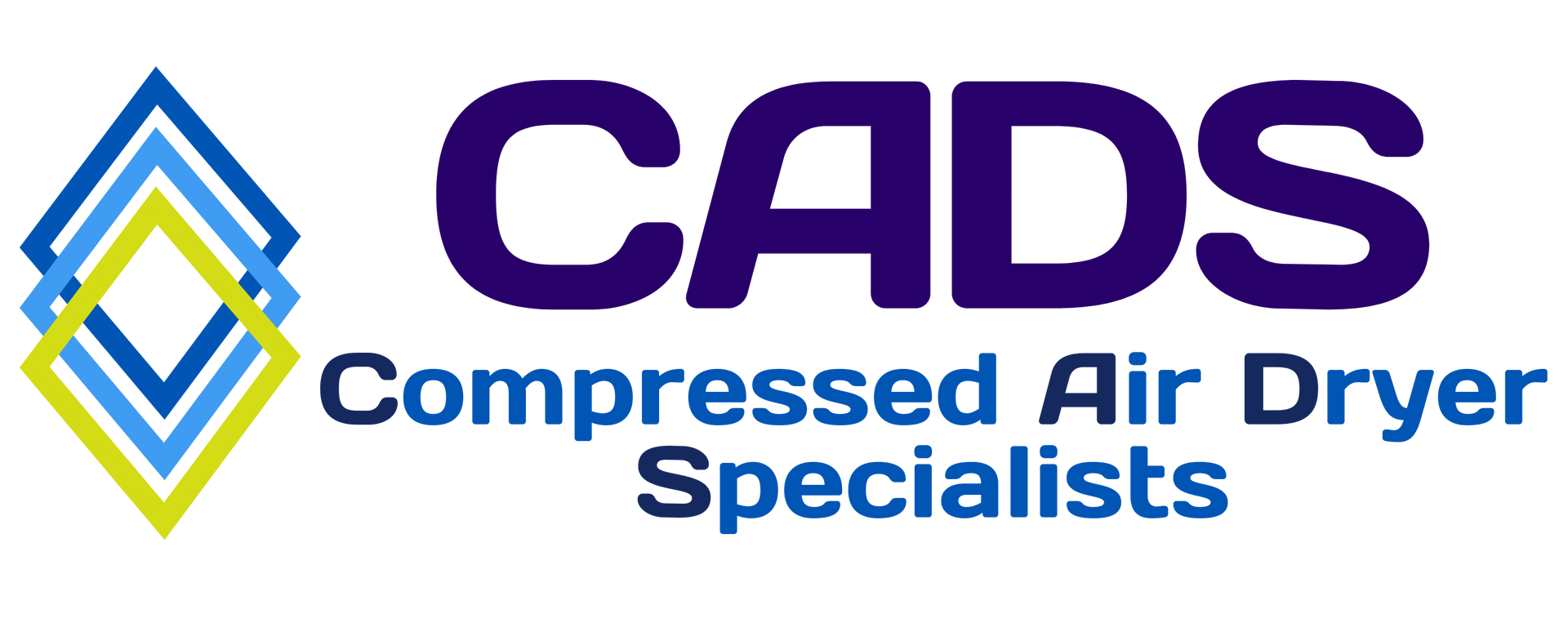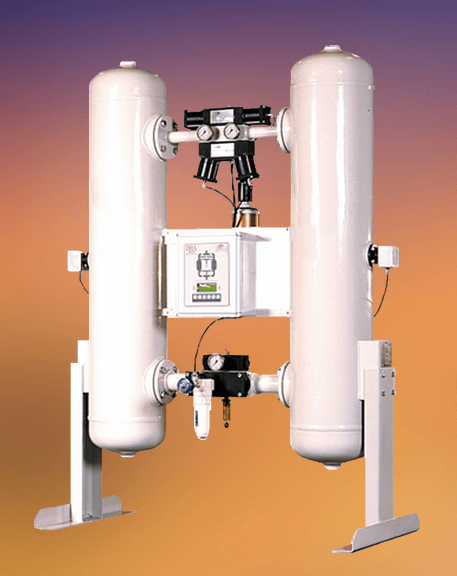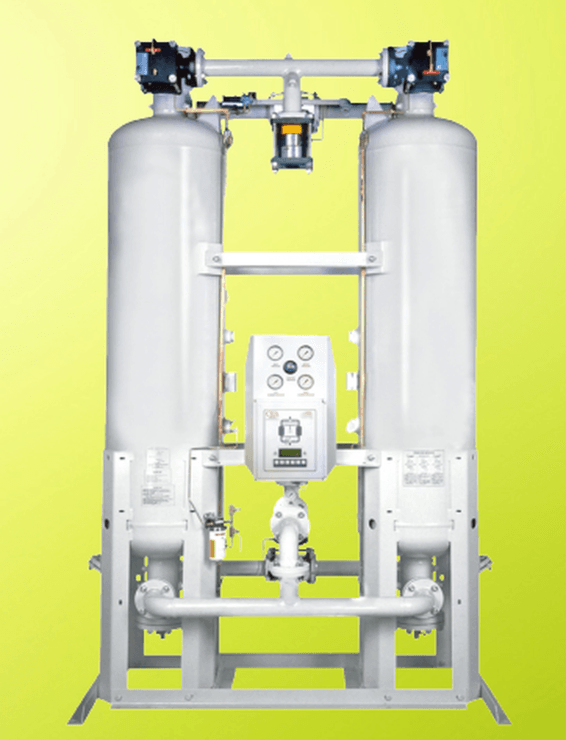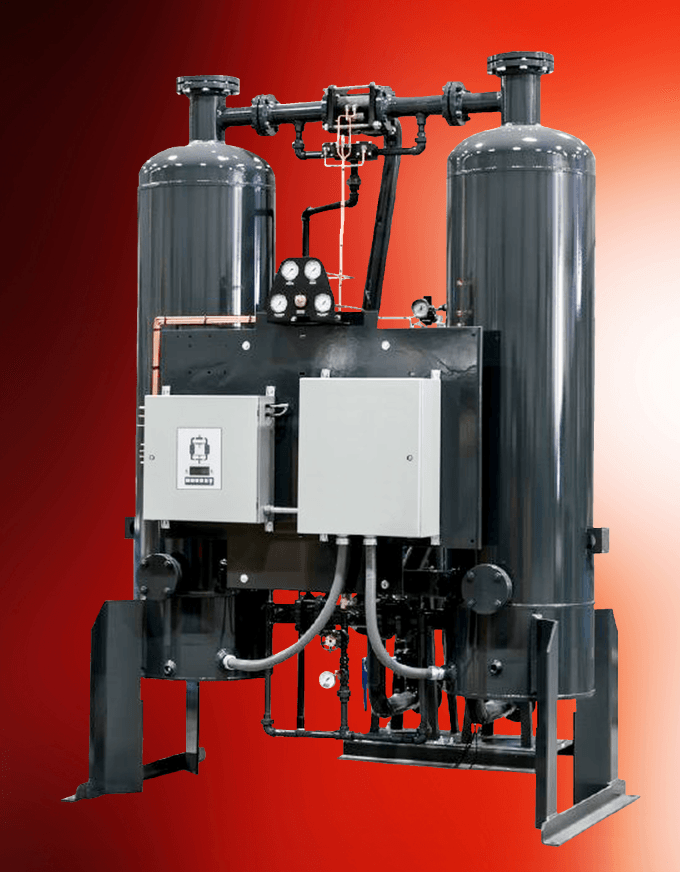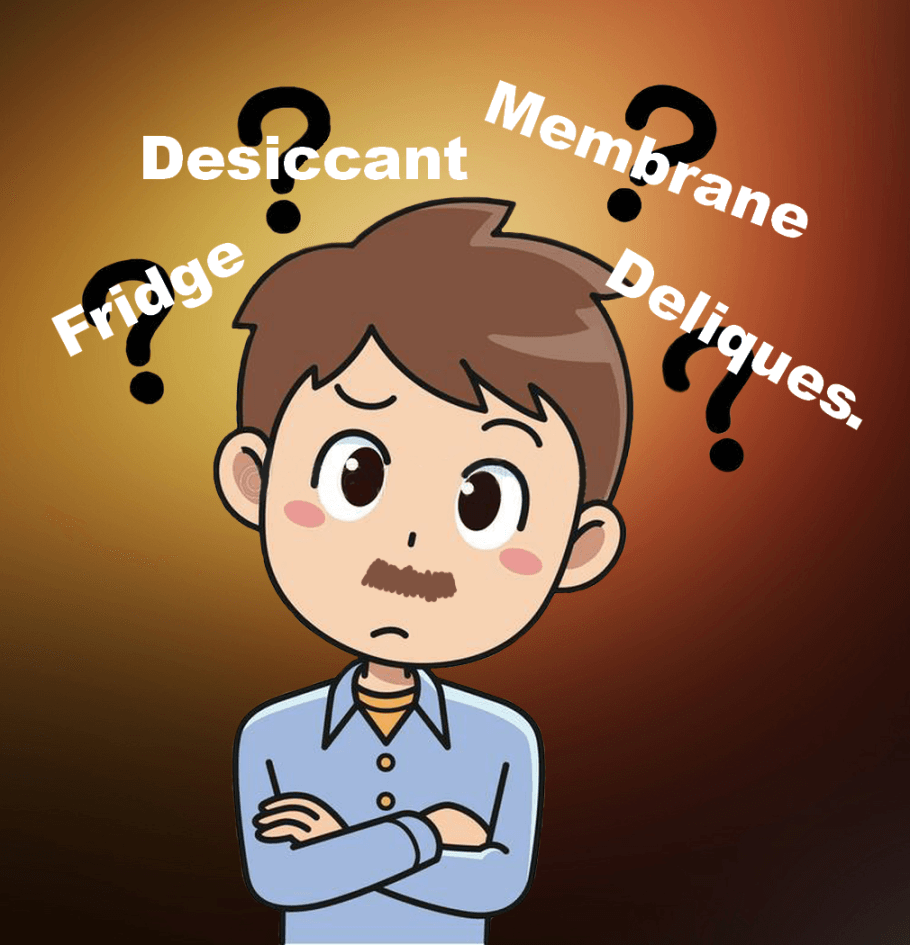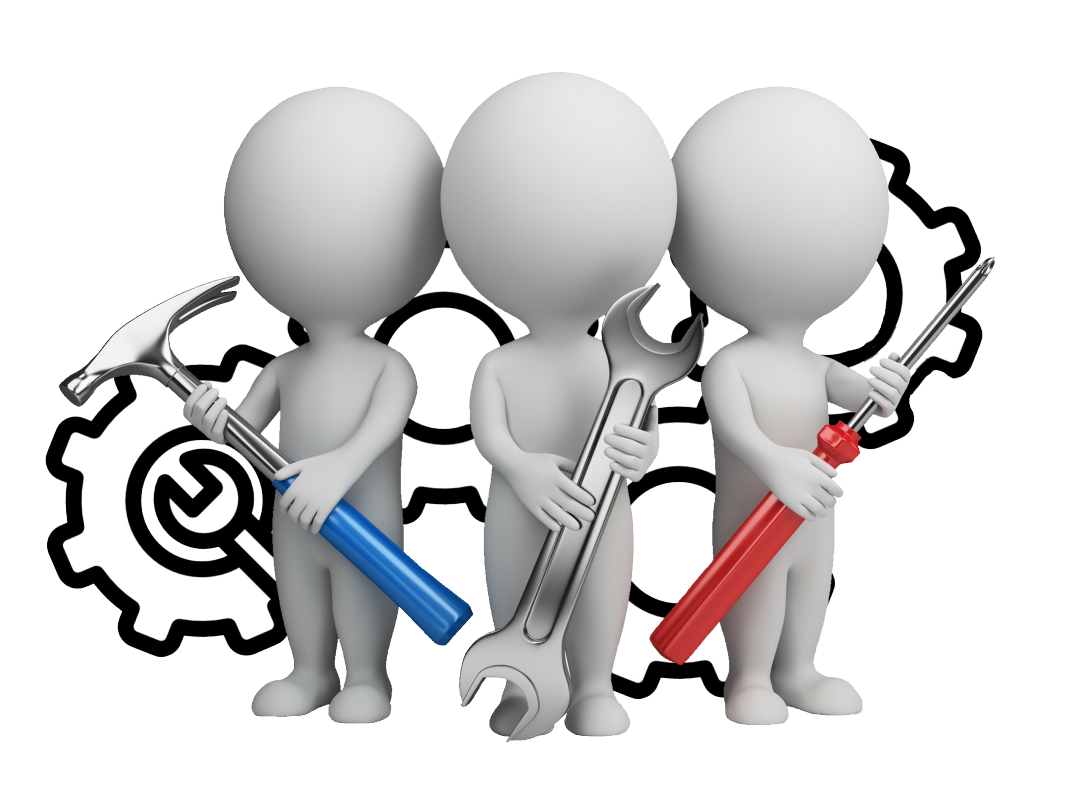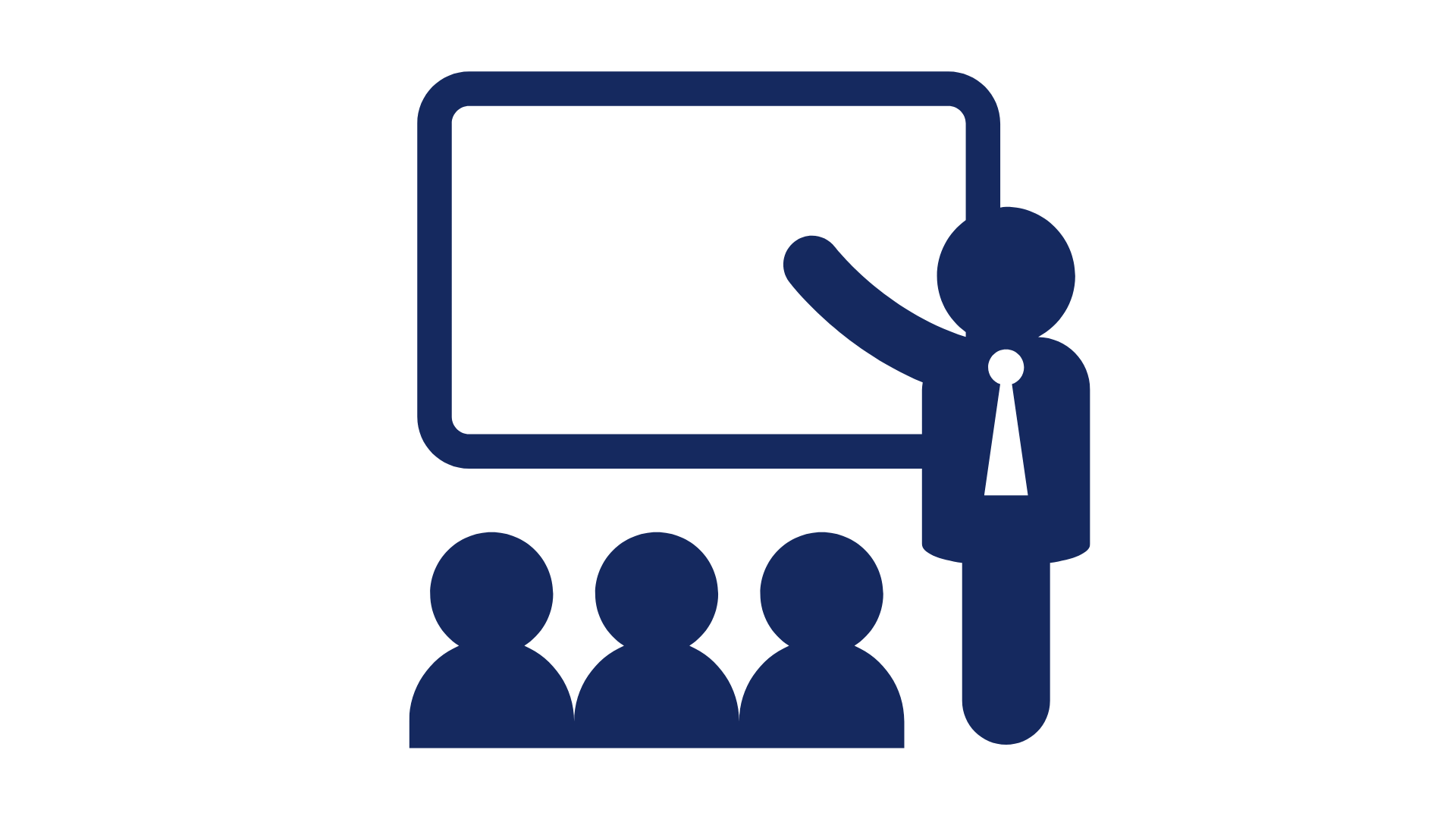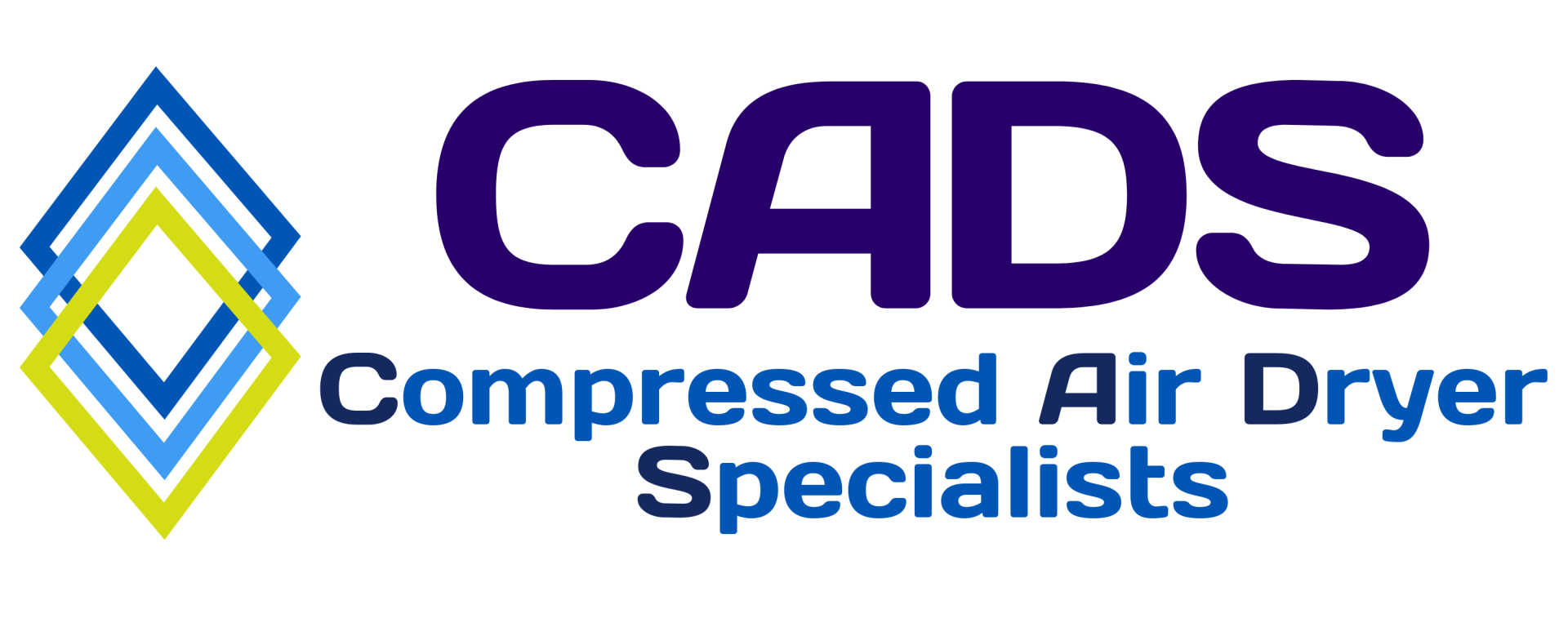TRAINING COURSES
"The only thing worse than training your employees and having them leave is not training them and having them stay."
- Henry Ford
HOW BADLY DO YOU NEED TRAINING?
NOTE: Try answering each of the five questions before clicking on the tab to see the correct answers.
SO, HOW DID YOU DO ?
Think you could benefit from our "Basics of Compressed Air" training course ?
OK, a car mechanic, do you think they just specialize in the air or oil filter? Of course not. What about the ignition system? NO - they understand how the whole car works. They understand and appreciate that not all problems can be tied down to one fault, there could be several reasons. So they need to understand the basics before they learn the specifics.
So it makes total sense to learn the basics, right?
Ask yourself this - "why do you have a compressed air dryer?" - if you answered - "to remove the water from the air" - you need to learn the basics.
Consider this, before a doctor gets to the stage of specialising in Cardiology or Dermatology, don't you think they need to understand the basics first?
How it all fits together, how one part can affect another, not directly connected part. It takes 6 years for a doctor to qualify at the basic level, before going on to do his/her specialised field.
We are not saying that drying compressed air is as complicated as the human body, far from it.
What we are saying, is that without the basics you will struggle to understand the impact and effect that each component has.
One of the most frequent statements I hear when I talk about training, particularly in the Middle East, is
"I just need to learn about the valves or the instrumentation".
If you don't understand the purpose of something, how it all fits together, how it works, and what can affect its performance, then how can you specify new equipment, operate the equipment, diagnose faults or maintain the equipment.
"The basics are the foundation on which you need to build your expertise."
"You cannot build a house without foundations"
Another statement
I regularly hear,
again, generally
in the Middle East -
"We don't need classroom training, we need field training."
Kind of makes sense if you think about it, that's where the dryers are, that's where you will have to operate the dryer, diagnose any problems, and maintain it. All in the field.
Well, the practicality is, generally the utilities areas, where the dryers are usually situated, are noisy, uncomfortable places. Not the best classroom environment in which to learn the basics and specifics of compressed air drying and dryers.
Apply some logic to this, and learn the theory in the most comfortable and learning-friendly environment possible, before heading out into the noisy, dusty, rainy noxious environment of a plant/refinery.
Our dryer training courses, usually structured specifically around the dryers you have on site, would normally include a 1/2 day period in the field. Where the students get to apply and ask questions in relation to what they have learnt in the classroom.
A good car mechanic can identify a problem with your car as you drive into the garage, just by using their ears. A good dryer service engineer can usually do the same as they walk up to the dryer, and can usually identify the cause of the fault within 10 minutes and they don't even know the specifics of your operation, your dryer's history, its maintenance record. But they have the basics, they use the basics, through their hands, eyes, and ears.
More importantly, they use their mouth - to ask the end-user diagnostic questions.
TRAINING
COURSE
DETAILS
Dynamic, Interesting, Interactive, and most important of all INFORMATIVE
Most courses include our "Compressed Air Basics" course at the front end, refer to course content details for specific course content.
TRAINING COURSES & CONTENT
COURSE FEES
Revenue Streams: Consultancy Retainers, Advertising, Training Courses, Consultancy Fees, Subscriptions, Documentation/Data, Posters/Merchandise - we do not receive any revenue from parts or equipment sales associated with our interaction or recommendations.
The placement of advertisements for products or services within the C.A.D.S. website should not be seen or construed as an endorsement of said products or services.
